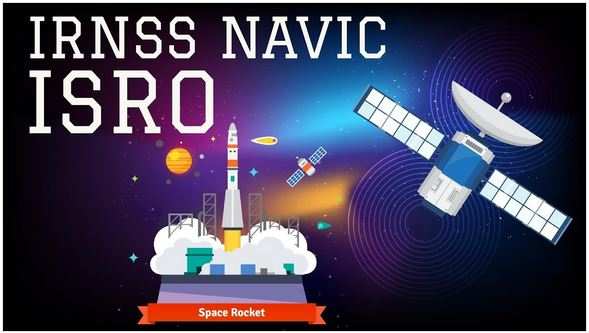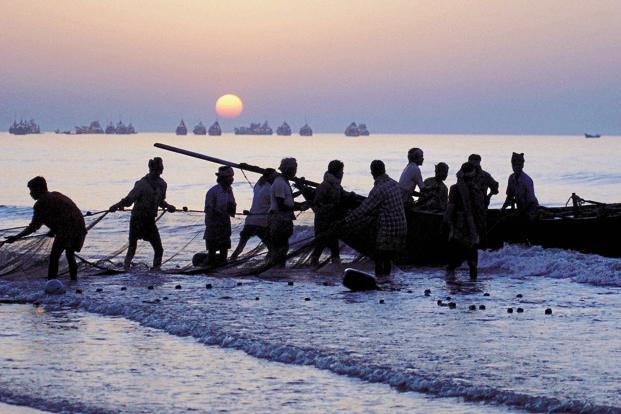
ISRO Designs GPS Enabled “NaVIC” System To Alert Fishermen About Cyclones, Maritime Borders
Now, a home-grown GPS system, developed by a senior ISRO scientist, can alert Fishermen about natural disasters and position of the International Maritime Boundary Line while they are working in the sea. The system is called as NaVIC.

The system will help prevent loss of lives of fishermen who can get an alert asking them not to enter water boundaries of the neighboring country, the senior scientist said. The Cyclone Ockhi, which claimed many lives of fishermen due to not getting timely information about the approaching disaster in December last year was the reason that the Kerala government requested the Indian Space Research Organisation (ISRO) resulting in the development of the system.
According to the Nilesh Desai, Deputy Director of the ISRO’s Space Application Centre, Ahmedabad, the low-cost device will also help the fishermen to get information about the location of fish available in the sea. “There is no mobile network coverage in the deep seas. The gadget that is to be mounted to the device will have Bluetooth connectivity and through our NaVIC messaging feature, we will give more information on prospective storms,” he said during a panel discussion organized at the Bengaluru Space Expo.

The device’s Bluetooth can be connected to the mobile phone to get messages. And if there is any possibility of a cyclone in the region, the fishermen will get a timely and quick alert.
“This device will also alert the fishermen if they cross the International Maritime Boundary Line,” Desai said. In this regard, other states like Tamil Nadu and Gujarat to have shown interest. Both these states face the risk of getting their fishermen arrested due to their lack of knowledge of maritime boundaries mainly by Sri Lanka and Pakistan.
“If they venture (in the waters of the neighboring countries), they get caught. It can alert them when they are nearing the international water. It will be in the local language,” he said. Apart from that, Desai said, that they are in the process of adding another feature to the device that will help them to send messages to a hub.
The message received at the hub will be then forwarded to their respective families while they are at the sea. And as part of its Corporate Social Responsibility (CSR), ISRO also plans to provide such devices through its commercial arm and PSU Antrix. According to him, more than 2,000 units have been built until now. Each device has a cost of around more than Rs. 3,500.
You May Also Read: Apple Planning To Design A Tool For Police To Request Online Data